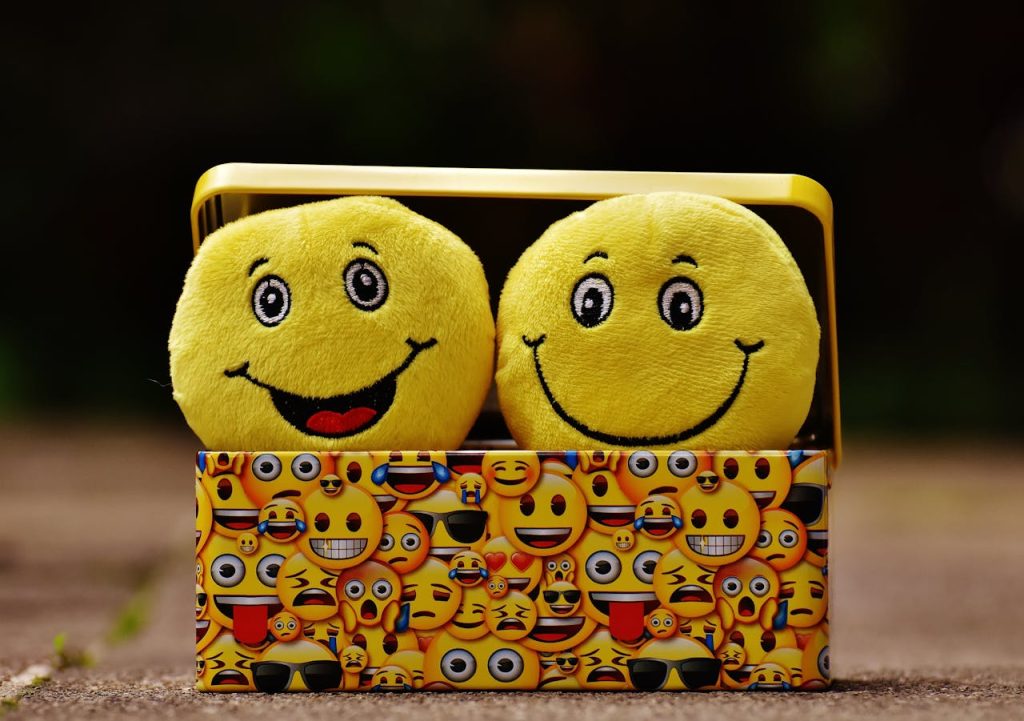
The question of whether money can buy happiness has puzzled thinkers for centuries. Here, we dive into what contemporary research reveals about the complex interplay between financial wealth and emotional satisfaction.
Defining Happiness
Historically, philosophers have debated the essence of happiness. Aristotle saw it as a result of virtuous living and personal achievement, while Epicurus believed avoiding pain and fear was the key. Today, researchers define happiness as a measure of daily contentment and positive emotions. So, how does money fit into this equation?
The Role of Money in Achieving Happiness
It’s clear that money does influence happiness, but only to a certain extent.
A pivotal study by Nobel laureate Angus Deaton found that higher incomes correlate with greater self-reported happiness up to an annual income of about $75,000 (as of 2010). Beyond this threshold, the positive impact of additional income diminishes. Below this income level, money primarily solves problems and eases life, aligning with Epicurus’s views on avoiding discomfort.
However, once this financial threshold is crossed, the benefits plateau. The concept of the “hedonic treadmill” suggests that our desires escalate as our financial means increase, keeping us stationary in terms of happiness. This phenomenon is akin to trying to keep up with societal expectations, where increased spending doesn’t equate to increased happiness.
Managing Expectations and Happiness
The hedonic treadmill stems from our expectations. As Harvard professor Arthur Brooks explains, happiness can be thought of as what we have divided by what we want. The challenge is that as we acquire more, we often want more, which can diminish our happiness. This insight is supported by observations of Danish society, where modest expectations contribute to high happiness rankings.
The Intersection of Pleasure and Purpose
Paul Dolan, a happiness researcher, proposes that happiness comprises two elements: pleasure and purpose. Pleasurable activities provide immediate joy but can lead to a hedonic treadmill effect. Purposeful activities, while not always enjoyable, give a sense of meaning. Dolan suggests that an imbalance, especially a surplus of pleasure over purpose, can skew happiness, which resonates with findings about income levels above the $75,000 mark.
Utilizing Money Wisely: Experiences Over Possessions
Research consistently shows that experiences bring more lasting happiness than material goods. Experiences, such as vacations or concerts, create cherished memories and deepen relationships, which are key components of long-term well-being.
Additionally, spending money on time-saving services can enhance happiness by reducing stress and freeing up time for enjoyable activities. This concept challenges us to think about “buying time” as an investment in our well-being.
The Power of Generosity
Finally, generosity has been linked to increased happiness. Studies indicate that spending money on others, whether through charitable donations or thoughtful gifts, can elevate our mood more than spending on ourselves. This altruistic spending enhances our connection with others and contributes to a more fulfilling life.
In conclusion, while money alone cannot buy happiness, strategic spending can significantly enhance our well-being. By focusing on experiences, managing our desires, and fostering generosity, we can make the most of the resources we have to achieve a happier life.




